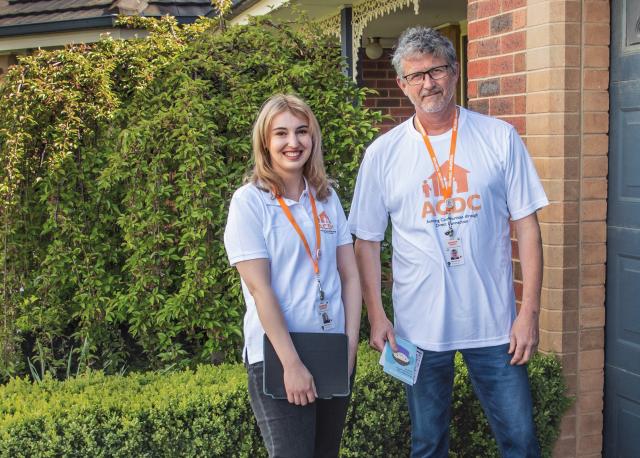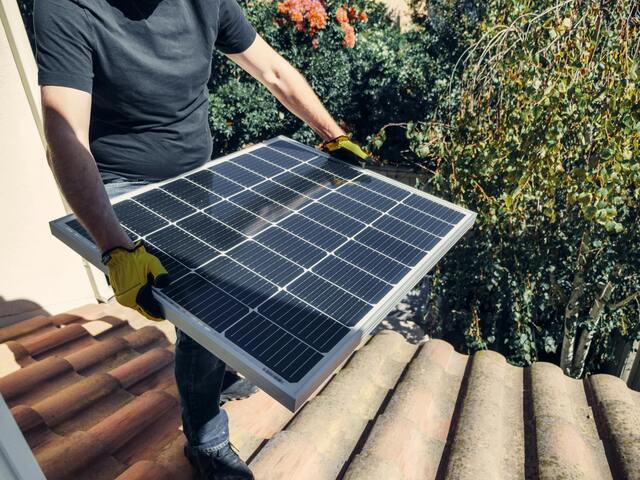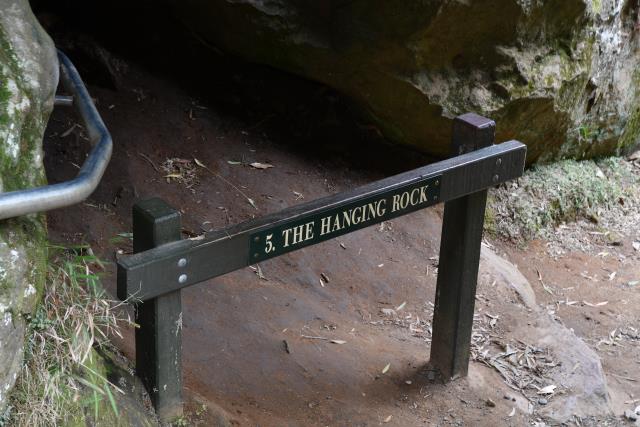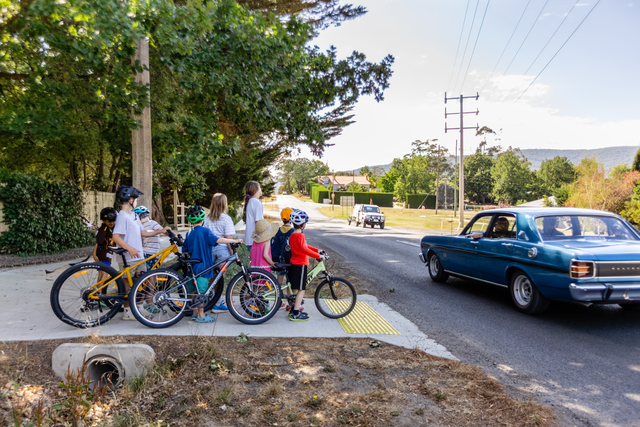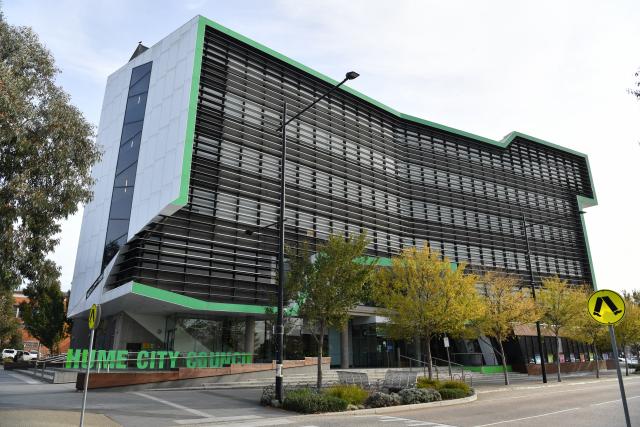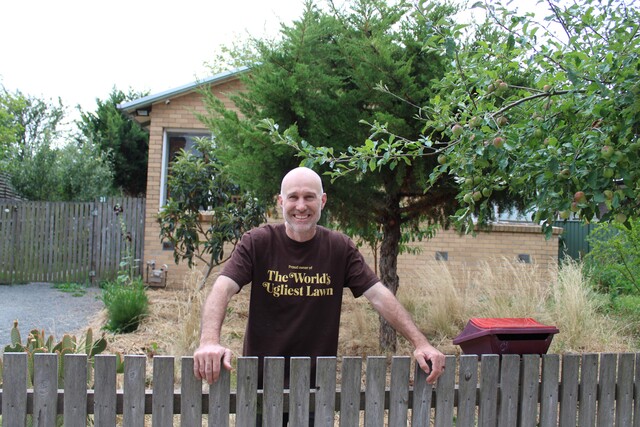One in four householders in the Macedon Ranges said they were living with mental health problems, with two thirds currently experiencing anxiety, new research has found.
From October last year until mid-February, a program by Assisting Communities through Direct Connection (ACDC), partnering with local HMS Collective, went door-to-door to chat with residents in Gisborne and Romsey about how they were going.
The project reached 665 people, with 330 completing a survey of how they experience mental health and the support they seek.
Community Mental Health Australia (CMHA) chief executive Bill Gye managed the ACDC Project and said the results in the Macedon Ranges highlighted important local issues which need addressing.
“The fact that one in five householders said that they would benefit from more support for their mental health indicates that many people do not take that important first step or may not know where to go,” Mr Gye said.
This data allows local planners to get a better idea of what supports are missing, or what local services need to do to be seen to be more accessible or appropriate.”
The survey report found that of the residents who were keen to get more support, nearly a third showed a preference for hospital alternatives – this is significantly higher than other sites the survey was conducted.
HMS Collective’s Jacqui Wilkinson, who is also the ACDC Project line manager, said the pandemic had had a significant impact on regional Victorians.
“I think this report shows how COVID-19 has affected the mental health and wellbeing of community members,” Ms Wilkinson said.
“Given the door knocking started just as lockdown ended, many people expressed that they had faced challenges both before COVID-19 and as a result of COVID-19.”
Funded by the Department of Social Services, the ACDC Project is being implemented across the country to improve wellbeing and collect data with the assistance of the Centre for Social Impact.
“I hope this report will be used to guide further mental health and wellbeing services into the local area,” Ms Wilkinson said.
“While door knocking, several householders mentioned that lengthy wait times, and no services available locally…is a big factor as to why they don’t or can’t see someone for help.”

